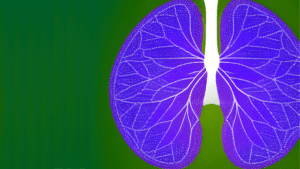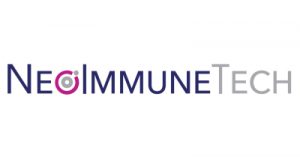
ATCC and U.S. Pharmacopeia Form Long-Term Strategic Collaboration to Improve Quality and Development of Biologic Medicines and Therapies
By Alex Keown
March 1, 2023
Virginia’s ATCC forged a long-term strategic collaboration with U.S. Pharmacopeia to jointly provide co-branded reference materials and reference standards to improve the quality and development of biologic medicines and therapies.
The combination of company strengths will allow for improved support of R&D, process development and the release of biologics. In a joint statement, ATCC and U.S. Pharmacopeia (USP) said the collaborative efforts will allow customers to mitigate their regulatory acceptance risks and accelerate commercialization of new therapies.
“By combining our strengths, we can better support institutions and stakeholders that engage in R&D, process development, and release of biologics, as well as provide them with quality products that meet their needs,” Raymond Cypress, chairman and chief executive officer of ATCC said in a statement.
For nearly 100 years, ATCC has provided biological materials and has served as an information resource for companies across the globe. ATCC’s repository of biological reference data is one of the largest and most diverse in the world.
USP, which predates ATCC by a century, is an independent, scientific nonprofit organization that is focused on strengthening the global supply chain for medicines so they are available when needed.
The partnership between ATCC and Bethesda-based USP is expected to result in the launch of multiple products, including genomic DNA from top cell lines used in bioproduction. This will support most common platforms used in the cell and gene therapy sector.
Additionally, the partnership will support a portfolio based on the detection of contaminant microbes, a significant manufacturing safety concern. The detection of viruses, bacteria, and other pathogens can ensure successful manufacturing of these products.
Ruth Cheng, senior vice president and general manager, Research & Industrial Solutions at ATCC, said the partnership is a transformative collaboration that will help companies meet future needs in both healthcare and the development of medications.
“Our goal, together with ATCC, is to provide robust and innovative solutions that ensure our customers feel confident that the answers they get are reproducible and accurate, and ultimately can provide safe biologic therapies to patients who depend on them,” Ronald T. Piervincenzi, chief executive officer of USP said in a statement. “This agreement begins with the first of many potential product areas for our organizations to provide standards and other solutions.”
The collaboration recognizes the challenges of the multi-pronged approach to meeting these goals. The combination of the knowledge base of both companies will lead to better and safer solutions for biologic medicines and therapies with a robust portfolio of resources by implementing strong quality control standards, which will ultimately reduce regulatory risks.
For USP, the partnership with ATCC follows the company’s October 2022 launch of its new Pharmaceutical Analytical Impurities (PAI) portfolio designed to support pharmaceutical manufacturers’ efforts to accelerate and strengthen analytical R&D and process development. At the time, USP pointed to a number of 2018 drug recalls due to nitrosamine impurities. That increased awareness on the issue of impurities in pharmaceutical medications and also heightened uncertainty when attempting to bring new drugs to market.
USP’s PAIs can be used for a broad spectrum of impurity analysis and profiling methods used in R&D. Some of the applications for PAI include analytical testing during formulation feasibility studies, as well as identifying unknown impurities that formed during ICH stability conditions.
In November, ATCC partnered with QIAGEN Digital Insights to launch a new cell line database. The database provides offers manually curated sequencing data for standardized, authenticated and reproducible cell lines. It is designed to afford researchers access to genomic information from the most popular ATCC cell lines and primary cell lines and tissues for use in their preclinical experiments without first resorting to lengthy and costly gene sequencing.







